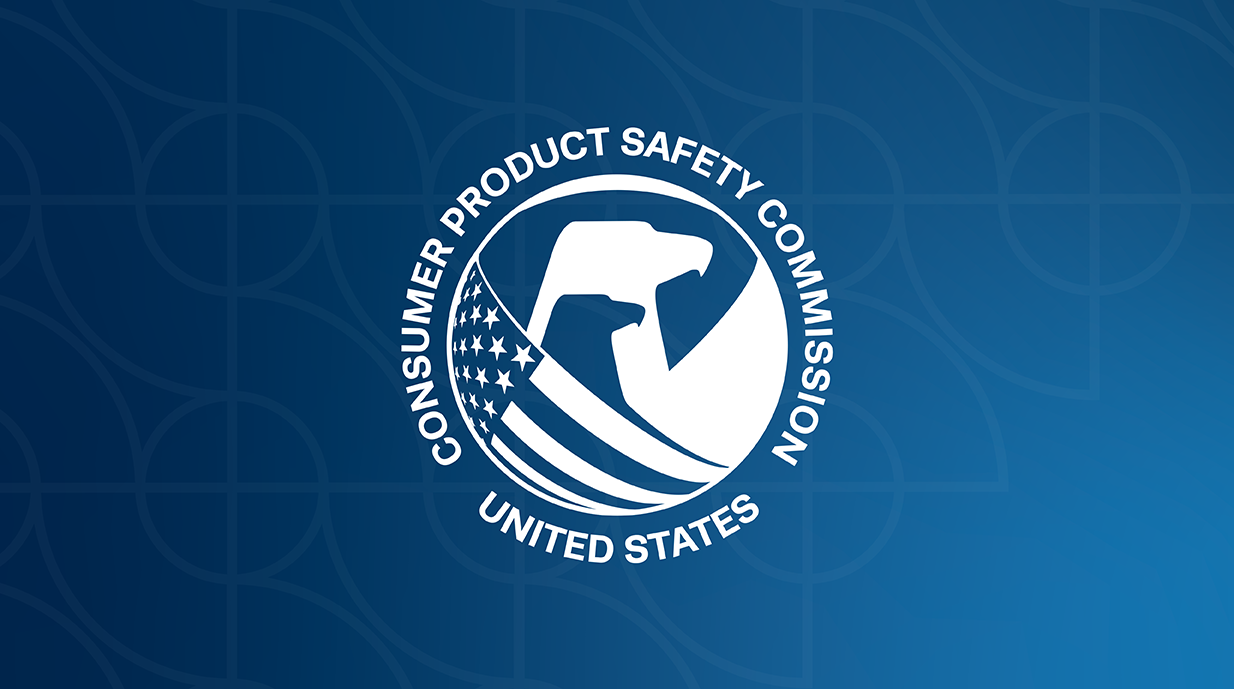I asked this question of the California AG’s office when Juiced released the Cross Current S with a Class 3 decal but unlimited off road mode and received a letter basically saying they were not going to do anything about it. Without VIN numbers these mopeds cannot be titled, registered, or insured, for riding on public roads.
I've heard that you can make up a number for the VIN and get it titled as a moped. In California, the laws are actually very permissive, if you have a motorcycle license. Pay $20 once, you get a license plate, and you're allowed to use a motorized bicycle with a 30 mph top speed, 4 hp (3kw). Not allowed on off-street bike paths, technically.
Can a company sell 1000+ W powered E-bikes without any legal problem?
Certainly in California, and I imagine everywhere, because a vehicle doesn't need to be road legal to be sold.
The Consumer Products Safety Commission has the regulatory powers over eBikes and at the Federal Level they have so many other things to worry about that eBikes are pretty low on the list. The Bicycle Products Safety Association and People for Bikes that are the lobbying arms of the industry of course are trying to implement their view of how things should be via the Class Law's but I only see this as an extention of the EU regs due to the fact that the primary market to this point, other than China, for eBikes is to be able to modify our laws so that they don't have to do much other than a software tweak and a plug change to import bikes here.
There are no Federal regs that would allow for a 28mph bike although the Class Laws do so what if you are in an accident involving others would the Class Law protect you or could the Federal 20mph limit be a factor if it went that far in a court of law even if your state has adopted the Class Laws?
The CPSC only bans 21-28 mph ebikes that are solely powered by the motor. Class 3 ebikes do not violate that rule, by definition.
CPSC definition: " (2) a two- or three-wheeled vehicle with fully operable pedals and an electric motor of less than 750 watts (1 h.p.), whose maximum speed on a paved level surface,
when powered solely by such a motor while ridden by an operator who weighs 170 pounds, is less than 20 mph. " [emphasis added]

www.cpsc.gov
From link below:
"the CPSC’s definition of an electric bike centers around a 20 mph limit, with the caveat that this 20 mph must not be exceeded if the electric bike is solely powered by its motor. Accordingly, this definition permits an electric bike which is powered by its rider (with the possible assistance of a motor, making the electric bike what some call a “pedelec”) to travel faster than 20 mph. The distinction is key to a correct interpretation of the CPSC’s definition. "
Lawyer Steven W. Hansen guides us through a mass of electric bike regulations.

www.bicycleretailer.com
It all kind of fits under the radar when you consider that you can buy a car off the lot that will easily exceed any national speed limit posted. At the end of the day it is the responsibility of the operator to follow the rules of the road and act prudently.
That's not because the system works, it's because as a nation we're all addicted to breaking the law and don't actually want to enforce it. The EU is set to introduce speed limiters which promise to reduce road deaths up to ~30%. The kind of thinking you're espousing is just what industry says to allow it to continue cars that are fast and fatal, because they know 99% of the performance playtime is not on a professional track. (Ie it wouldnt be hard to limit cars speed except on designated tracks. But your freedom to speed is considered more important than the lives of victims, and it might impact industry sales.) lol just imagine the IRS saying 'it's the responsibility of the taxpayer to be honest and pay their proper taxes, we're not going to check.' Or restaurant inspectors, or building inspectors, or really any matter of public safety/regulation that people actually care about. 'responsibility of the operator' is just a canard to defang the law and the protection it promises when written and enforced sensibly.
See
https://en.wikipedia.org/wiki/Intelligent_speed_adaptation
In general, it's silly to conflate 2 hp ebikes with 100+ mph cars. There's little evidence the former poses much fatal danger to bystanders, and even to the rider, and plenty of bodies to point to danger with the latter.

